2024
College of Humanities Faculty Honored with University Accolades
Calvin S. and JeNeal N. Hatch Prize in Teaching: Vincent Cheng, Distinguished Professor and Shirley Sutton Thomas, Professor of English
The Calvin S. and JeNeal N. Hatch Prize in Teaching is provided by an endowment given to the University of Utah by Mr. and Mrs. Hatch. The purpose of the prize is to recognize an outstanding teacher at the U and to “make a contribution to teaching, the dissemination of knowledge, and to improve our ability to communicate with each other.” The prize is awarded for excellence in teaching over an extended period of time and is usually awarded to an outstanding faculty member who has been teaching at the U for at least 20 years.
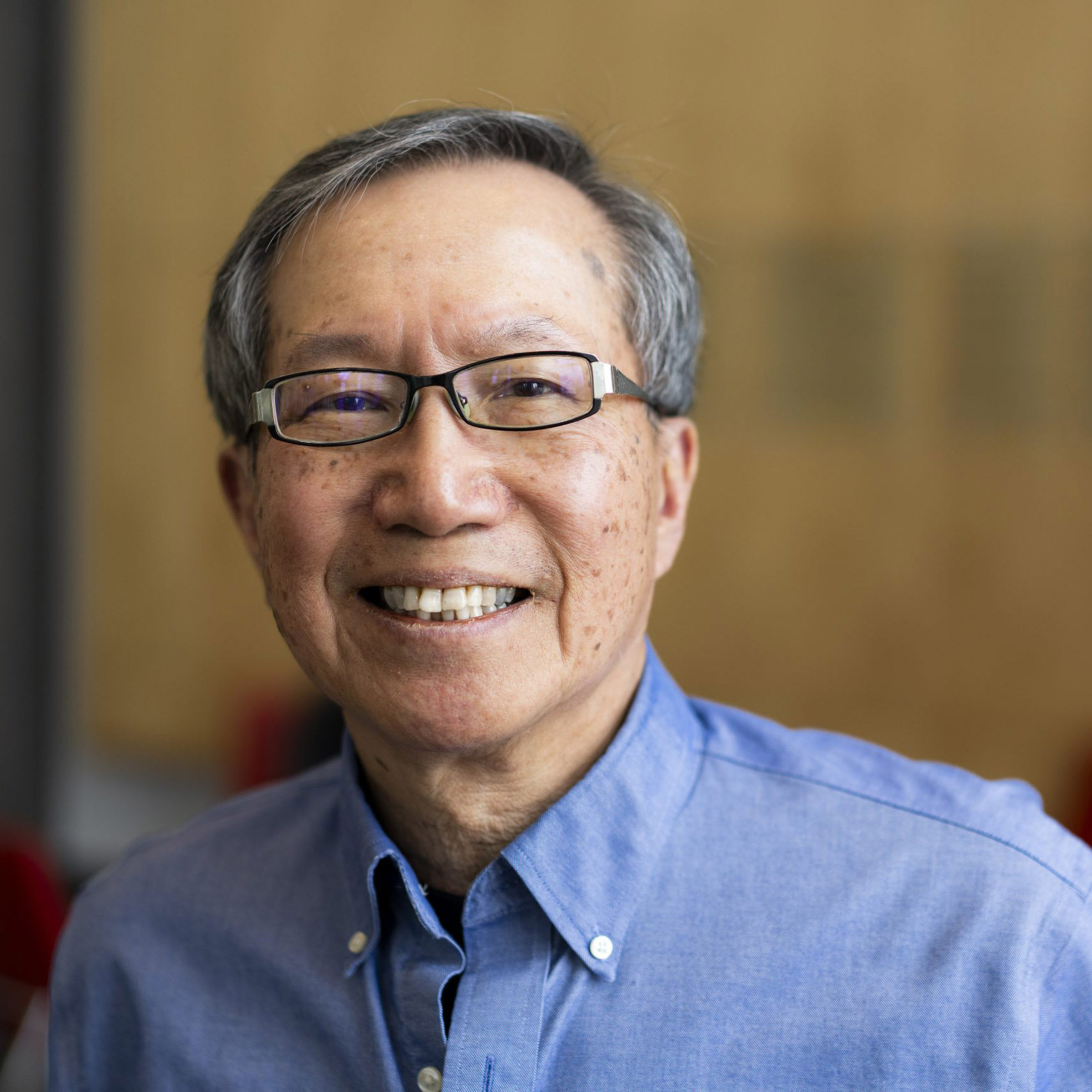
Vincent Cheng is the author of many scholarly articles and books, including “Joyce, Race, and Empire,” “Shakespeare and Joyce: A Study of Finnegans Wake,” “Le Cid: A Translation in Rhymed Couplets,” “Inauthentic: The Anxiety Over Culture and Identity” and—most recently—"Amnesia and the Nation: History, Forgetting, and James Joyce.” His work addresses the intersections of postcolonial studies, race studies, twentieth-century literature and contemporary culture.
“What strikes me most about Dr. Cheng’s pedagogy is how direct and personal it is. He rarely uses technology, but this has not made him any less of a draw for our students. Almost every time I pass his office, he has a student in there. With the simplest means – teacher, students and a text – he does more than any technology could achieve.”
-From Cheng’s nomination letter
Community Engaged Teaching & Scholarship Award: Gregory Smoak, Associate Professor of History
The Community Engaged Teaching and Scholarship award recognizes and rewards a University of Utah faculty member of any rank for high quality work that integrates teaching, research, and community engagement. The award recognizes faculty who show a record of successful teaching and research that is carried out through long-term, collaborative community-engaged partnerships that address a community-identified need or priority.
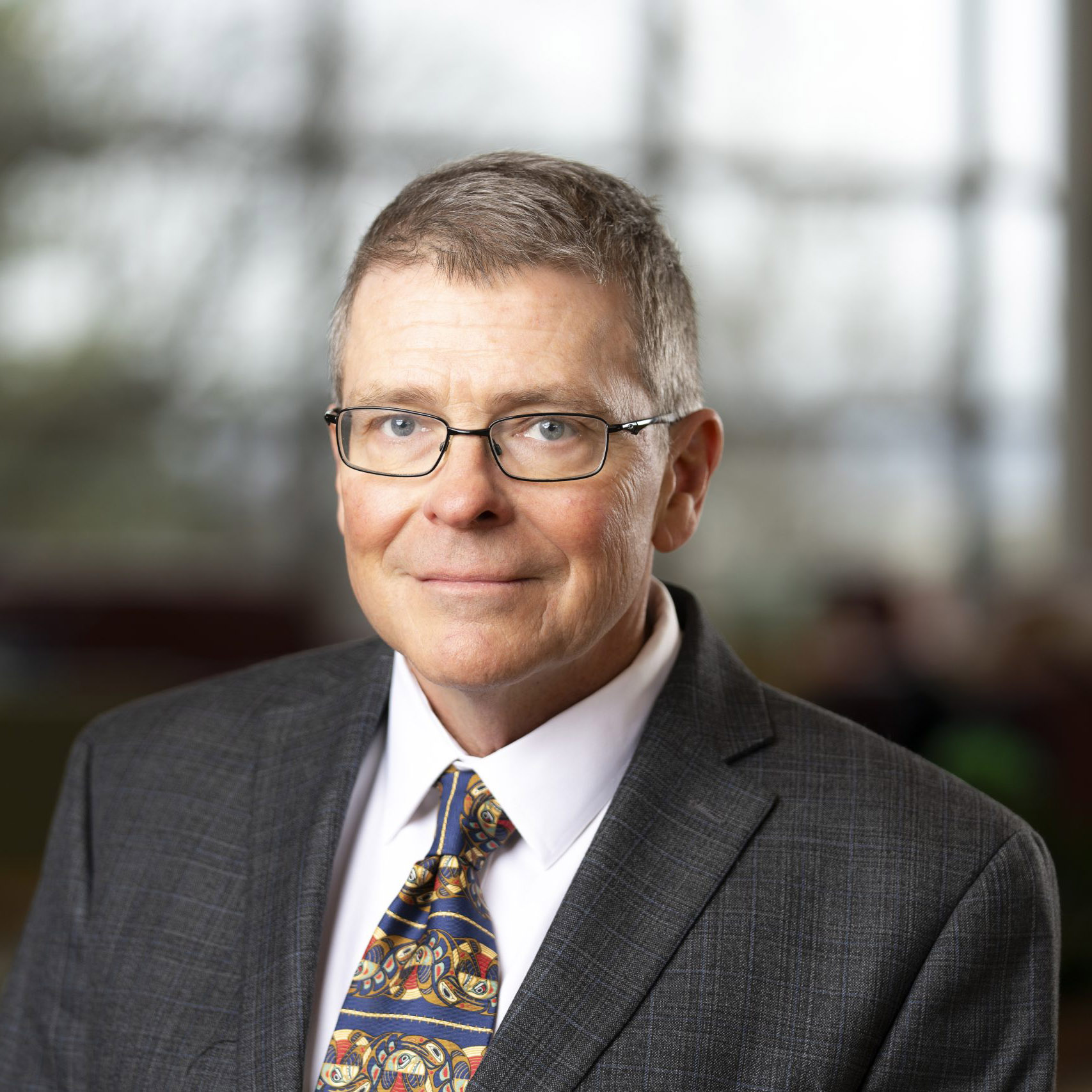
Smoak’s research focuses on the Native and environmental history of the American West. As a publicly engaged historian, he has worked on projects for the National Park Service and the United States Forest Service as well as numerous Native peoples including the Shoshone-Bannock Tribes, the Ute Mountain Ute Tribe, the Big Sandy Rancheria of Western Mono Indians, and the Navajo Nation.
“Dr. Smoak is recognized throughout the nation and indeed internationally, for his wide-ranging contributions to public history and the institutions that support it. He has advised 53 graduate students in his time at the University of Utah and is renowned for his deep knowledge, high standards, and commitment to effective teaching and mentoring. His is the real deal: an immense asset to the University of Utah and the diverse communities and publics it seeks to serve.”
- From Smoak’s nomination letter
Distinguished Graduate Student & Postdoctoral Mentor Award: MaryAnn Christison, Distinguished Professor of Linguistics
Established in 2006, the Graduate Student and Postdoctoral Scholar Distinguished Mentor Award honors and encourages the considerable efforts and accomplishments of faculty who have demonstrated exceptional commitment to the mentorship of graduate students and postdoctoral scholars.
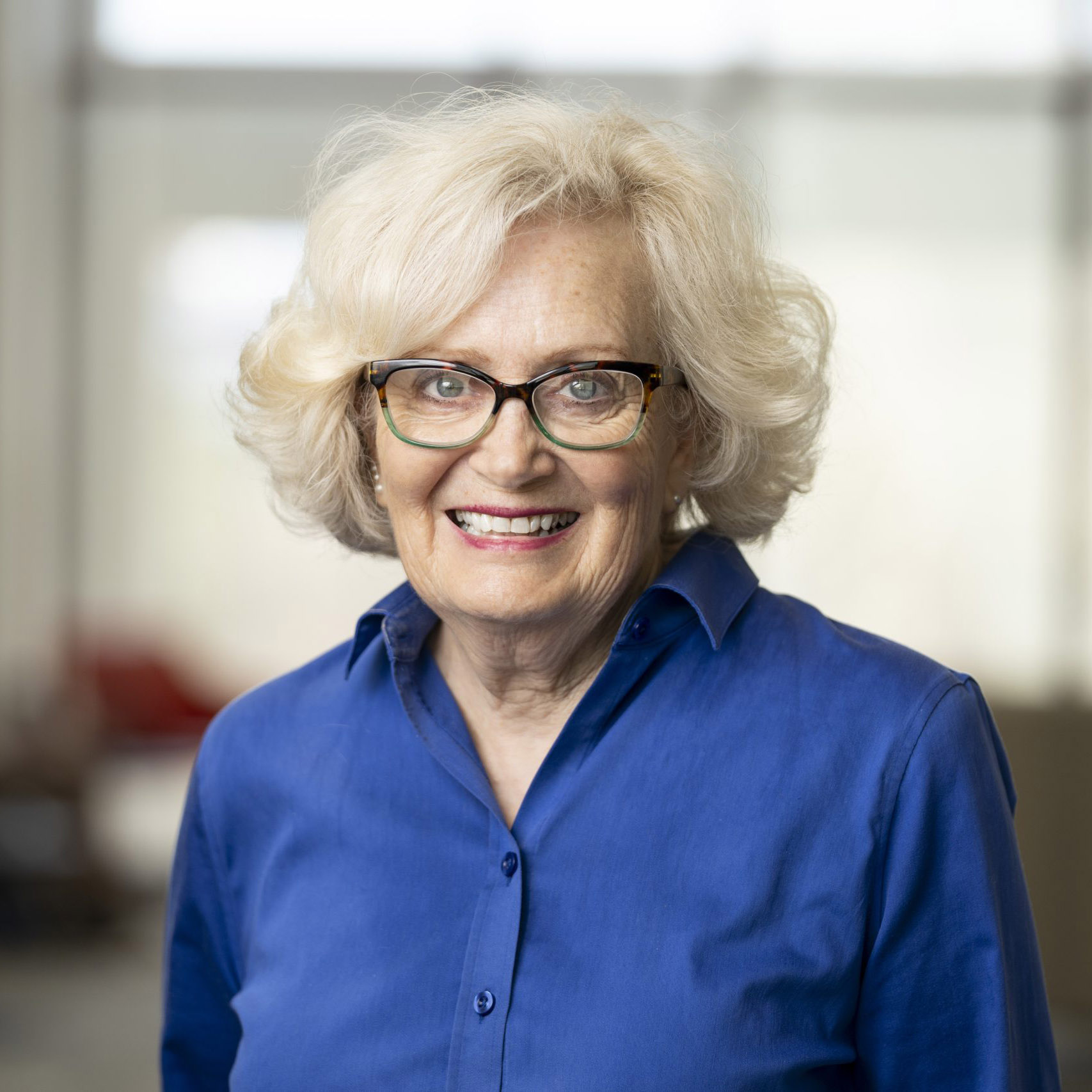
Christison studies theoretical and methodological approaches from various disciplines to understand the role that language plays in society. Her aim is to develop a knowledge base about language and its users and uses to explore the biological underpinnings of second language acquisition. Her current research focuses on multilingual pedagogies and the use of online technologies in language teacher education. She also works in second language (L2) curriculum design (particularly content and language-integrated learning and multilingualism). Her research agenda includes combining theories and methodologies from neuroscience to answer questions about how language develops in the bilingual brain.
“Throughout our interactions, Dr. Christison’s approachability, willingness to share expertise, and encouragement have created a nurturing atmosphere for intellectual growth. Her insightful feedback on my research and scholarly pursuits has been instrumental in shaping the trajectory of my academic journey. Collaborating with Dr. Christison has not only enriched my understanding of the subject matter but has also instilled in me a deep appreciation for the importance of mentorship in academia. Her mentorship extends beyond the confines of the classroom, fostering a sense of community and camaraderie among her mentees.”
- From Christison’s nomination letter
Distinguished Research Award: Kimberly Kaphingst, Professor of Communication
The Distinguished Research Award is a prestigious faculty award designed to recognize outstanding achievements in research by three University of Utah faculty each year. It provides the faculty member with a grant to pursue research and/or creative pursuits and recognition at the U commencement. Nominees are evaluated on the impact and significance of their career research or scholarly work to their field, as well as to the improvement and enrichment of the human condition.
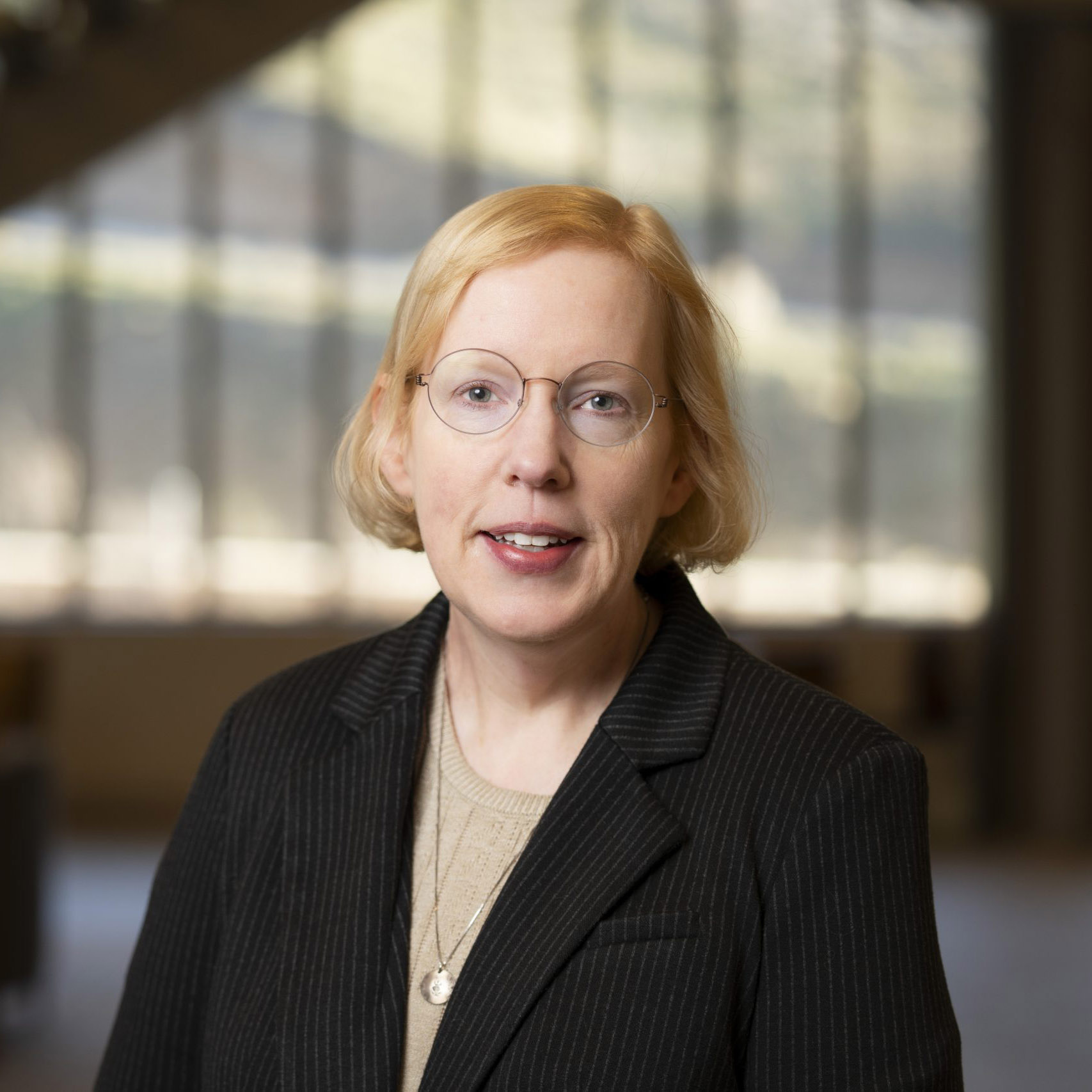
Kaphingst is interested in researching health communication, digital health, and genetic literacy. A major focus of her health communication research is in the context of cancer genetic and genomic information, examining patient responses to risk information and individuals’ preferences for return of genetic information. She is interested in developing and testing digital health approaches such as chatbots to provide cancer genetic services and risk information to patients. Kaphingst is also interested in implementing strategies to improve the process of consent in? cancer-related clinical trials for patients with varying levels of health literacy.
“In 2016, a program was launched called Cancer Moonshot. The goal of this program was ‘to accelerate scientific discovery in cancer research, foster greater collaboration, and improve the sharing of cancer data.’ Generally speaking, the Cancer Moonshot program aimed to fund cutting-edge cancer research that would have an immediate impact on society. I can think of no evidence of innovation and breakthrough achievement than Dr. Kaphingst both pursuing and being awarded a $5 million Cancer Moonshot grant in 2018, a project that will wrap up this coming calendar year. While the amount of funding is of course impressive, I would argue that receiving funding under such prestigious and public funding mechanism – to do work that actively innovates and provides thought leadership about cancer research – is evidence of a breakthrough achievement.”
- From Kaphingst’s nomination letter
Distinguished Teaching Award: Maureen Mathison, Associate Professor of Writing & Rhetoric Studies
The University Distinguished Teaching Award honors significant contributions to the teaching mission of the University of Utah. A nominee for the Distinguished Teaching Award must maintain a consistent record of outstanding teaching performance and implement effective and innovative teaching methods which demonstrate exceptional abilities to motivate student learning. Nominees must show a concern for students and their wider education as well as their career preparation and must also contribute to the educational process outside of the classroom.
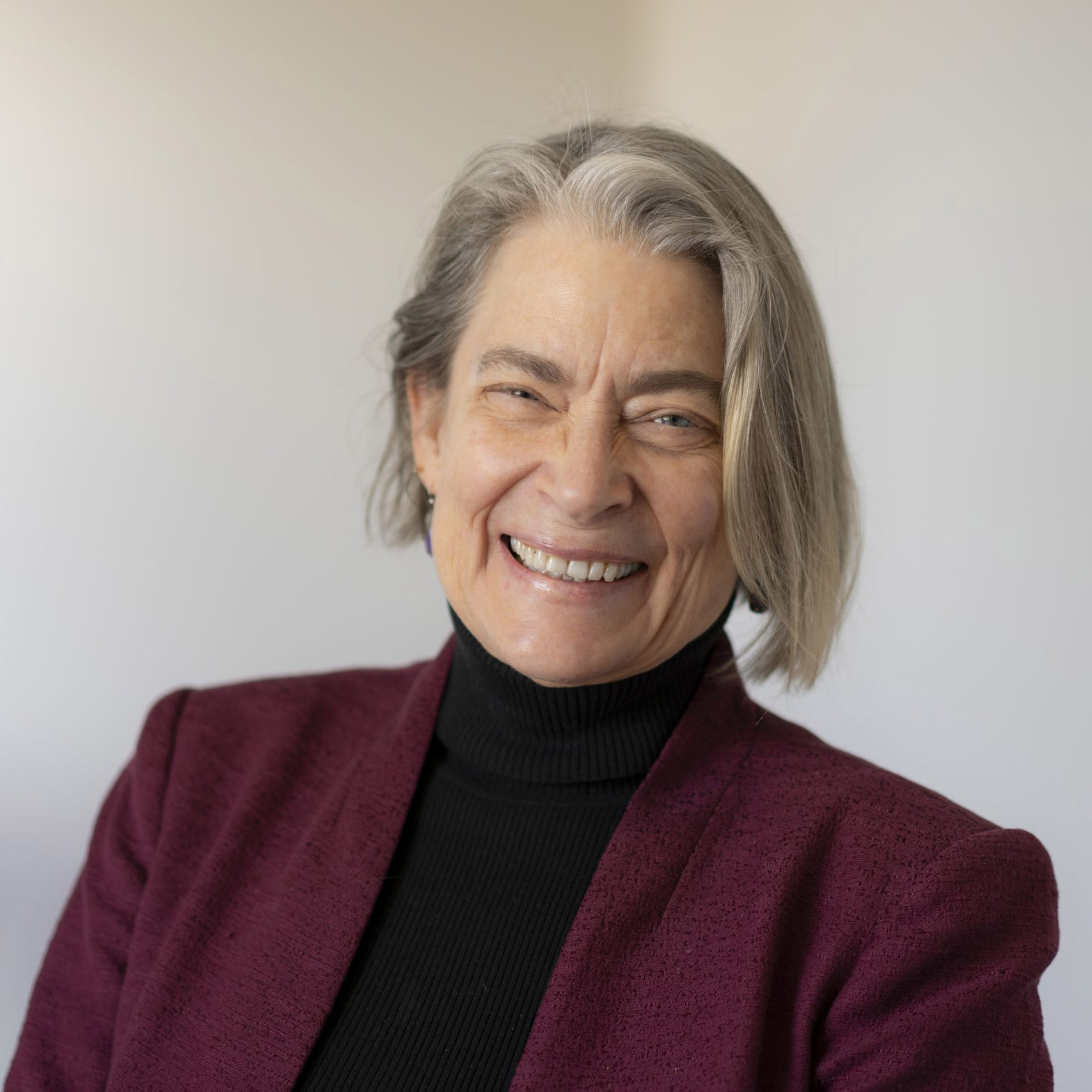
Prior to coming to the University of Utah, Mathison was awarded the Charles Phelps Taft Postdoctoral Fellowship at the University of Cincinnati. Her research interests include rhetoric of science, writing across the curriculum, technical and professional writing, research methods, and interdisciplinarity. Her book on collaborating across disciplines, “Sojourners and Third Cultures: A Case Study of Teaching Writing in Engineering,” was published by Utah State University Press in 2019. She has published in Communication Theory, the Journal of Business and Technical Communication, the Journal of Literacy, Written Communication, and in numerous edited volumes. Currently, Mathison is completing a book on contemporary controversy in science. Mathison was Director of the University Writing Program for 10 years, and once it achieved departmental status, she served as the inaugural chair.
“Dr. Mathison’s conscientious and patient determination is evident every class day. Her enormous preparation is always clear, she is always responsive and always willing to work closely with students. But also, Dr. Mathison is able to make a space for learning that is kind and compassionate yet persistent toward critical educational goals. She constantly demonstrates an ability to facilitate a deep understanding of critical frameworks from within and through a safe space where learning can happen more freely and easily. Furthermore, she is very capable of making complex ideas accessible to all students. She is an excellent teacher and an excellent communicator."
- From Mathison’s nomination letter
Faculty Fellow Awards: Jake Nelson, Assistant Professor of Communication and Peter Roady, Assistant Professor of History
The Faculty Fellow Awards provide faculty members one semester of full release time (from teaching and administrative tasks) at full salary for scholarly and creative projects. The VPR Office defines scholarly activity as a work of scholarship that is peer reviewed and publicly disseminated. Examples of scholarly activity should demonstrate the discovery and/or integration of new knowledge, technologies, methods, or materials. The VPR defines creative activity as original contributions to an investigator’s field of study that are produced through writing, creating, composing, designing, recording, performing, curating, etc.
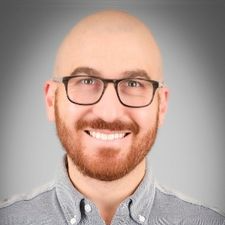
Nelson’s teaching and research focus on the changing relationship between journalism and the public. He is the author of “Imagined Audiences: How Journalists Perceive and Pursue the Public” which draws on case studies of three news organizations in Chicago to understand how journalists' assumptions about their audiences shape their pursuits of those audiences. His work has been published in top journalism studies and communication journals such as Digital Journalism, New Media & Society, and Social Media+Society, as well as in public-facing venues such as Columbia Journalism Review, The Conversation, and Nieman Journalism Law. He is currently working on a book project that examines public trust in journalism, healthcare, and higher education.
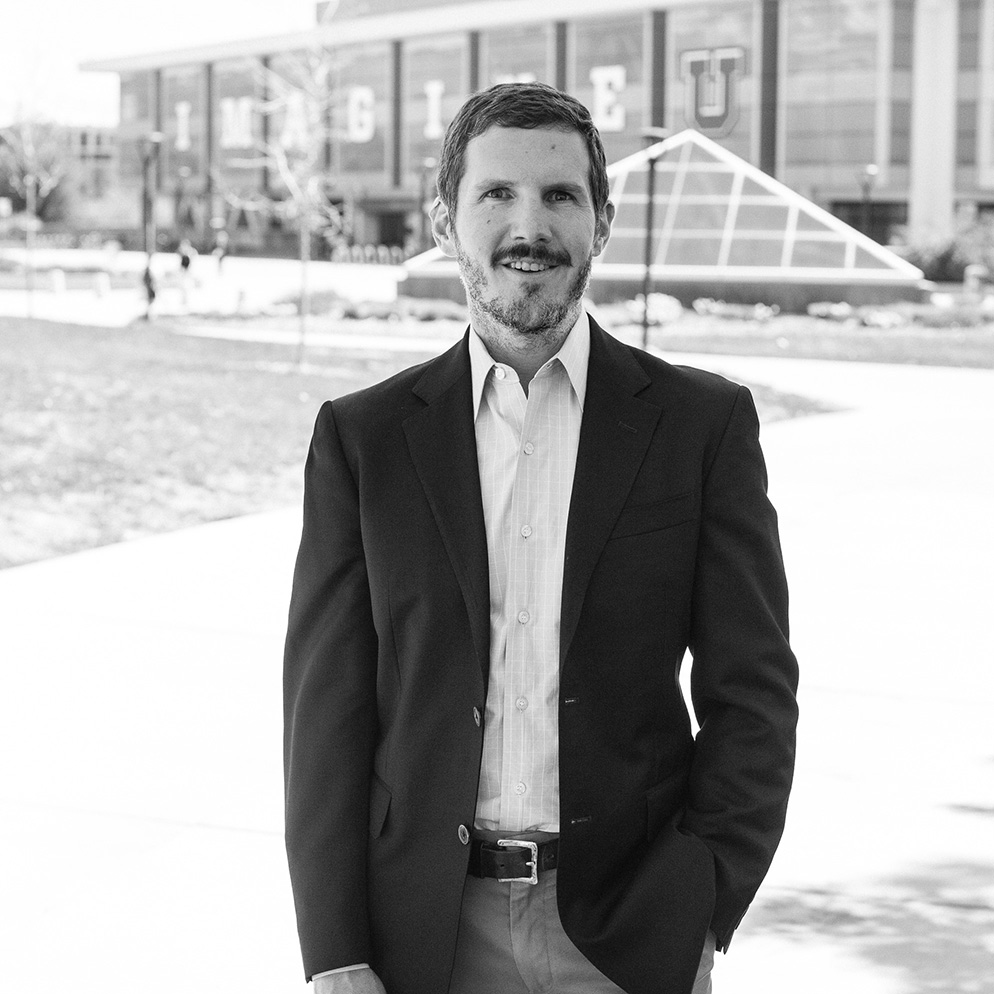
Roady is a historian of the 20th and 21st century United States with interests that cut across disciplines and historical subfields. His research focuses on the history of the American national security state and the ways that different conceptions of national security have shaped the United States and its relationship with the world. At the University of Utah, he offers courses on U.S. foreign relations, intelligence, and military history, as well as U.S. political history. Before attending graduate school, he worked for five years in national security and foreign policy positions in the U.S. government, focusing on South Asia and cyber issues.
